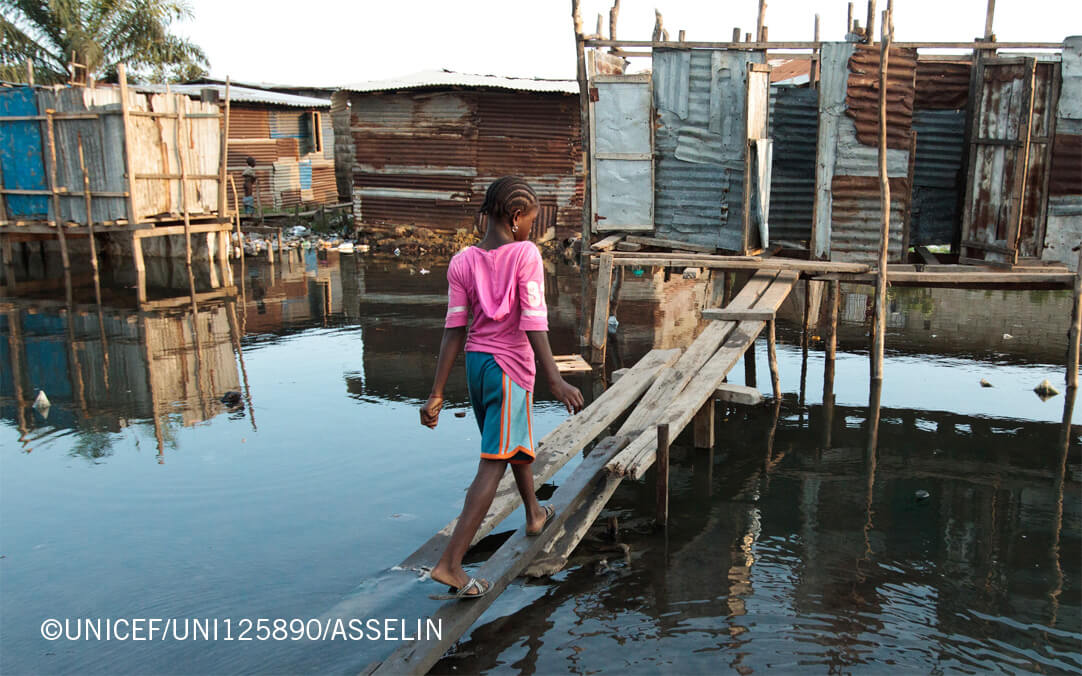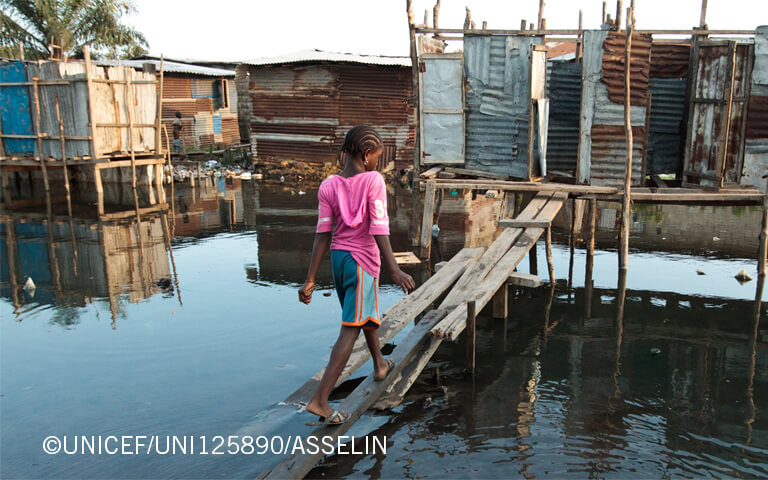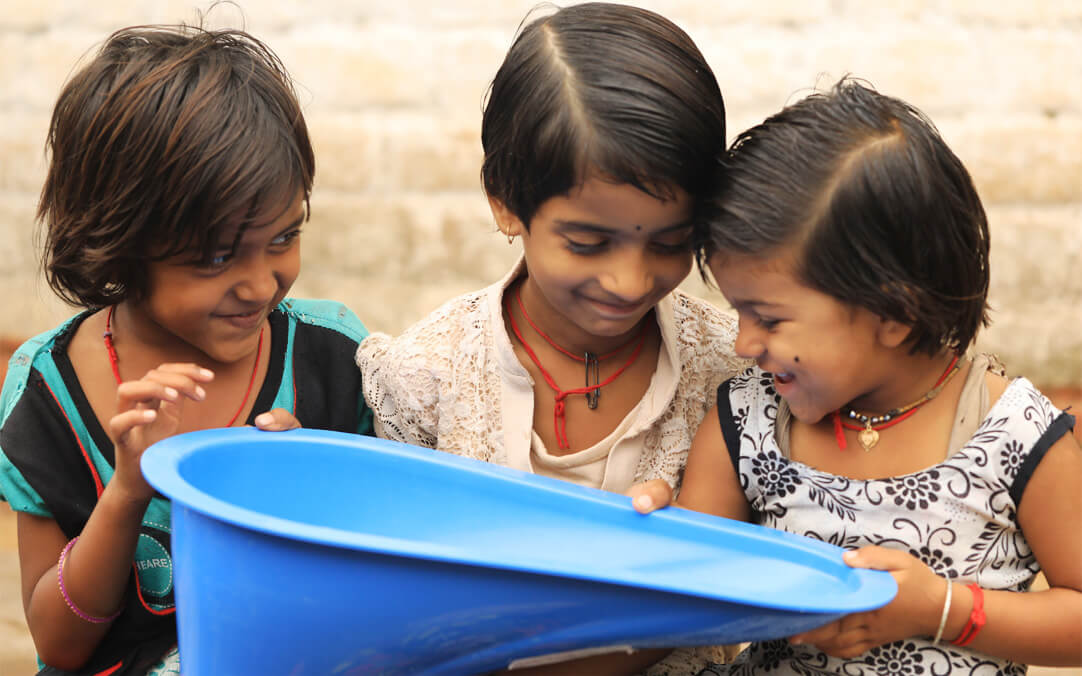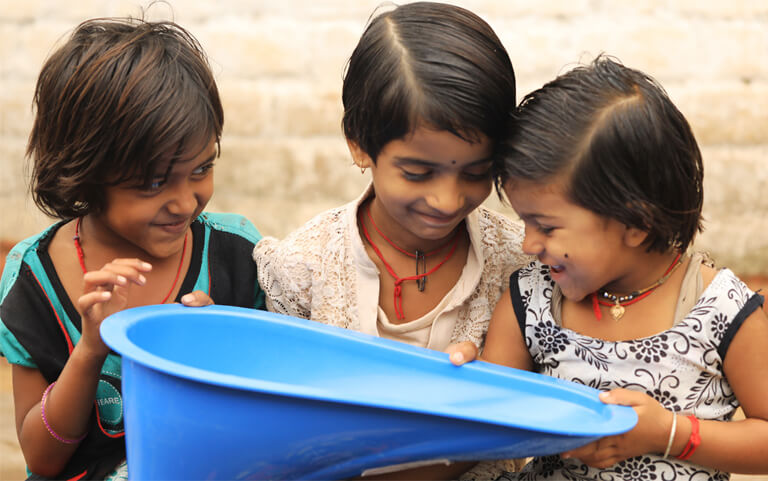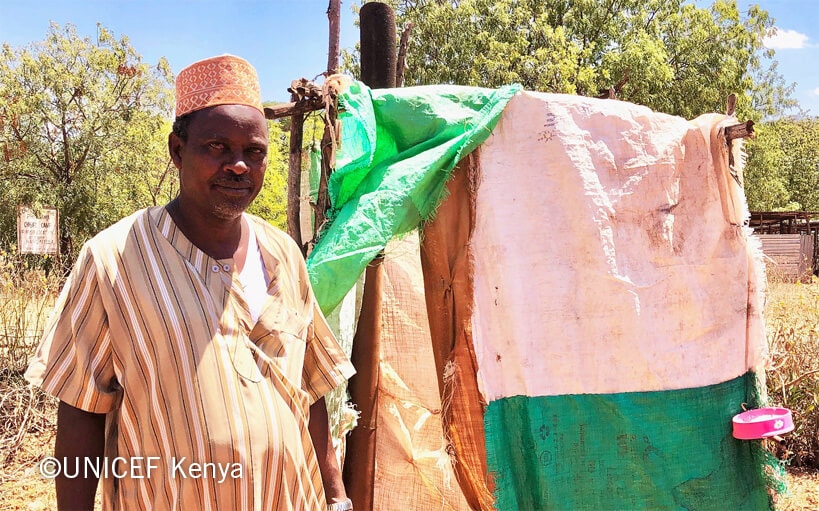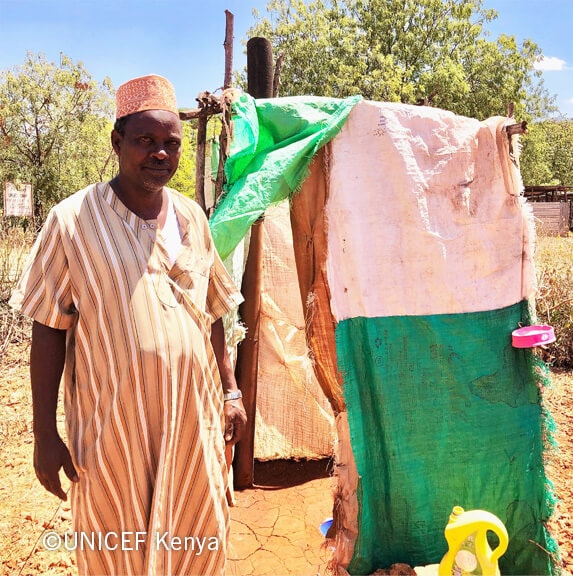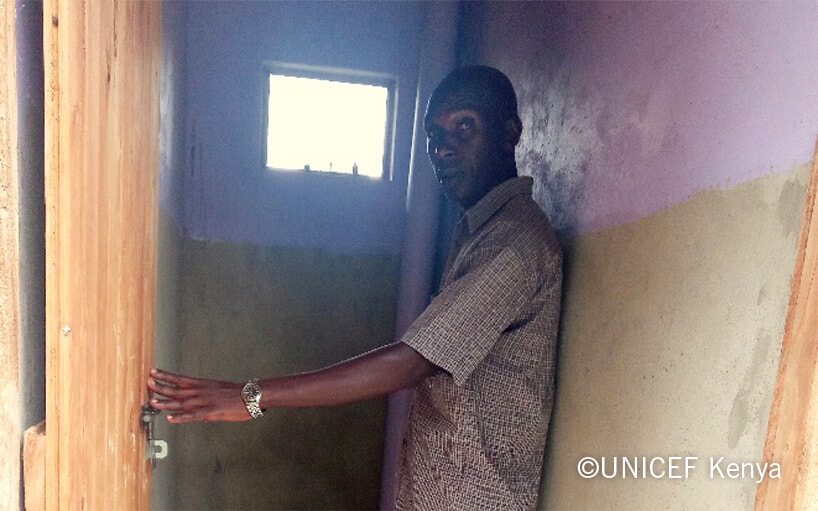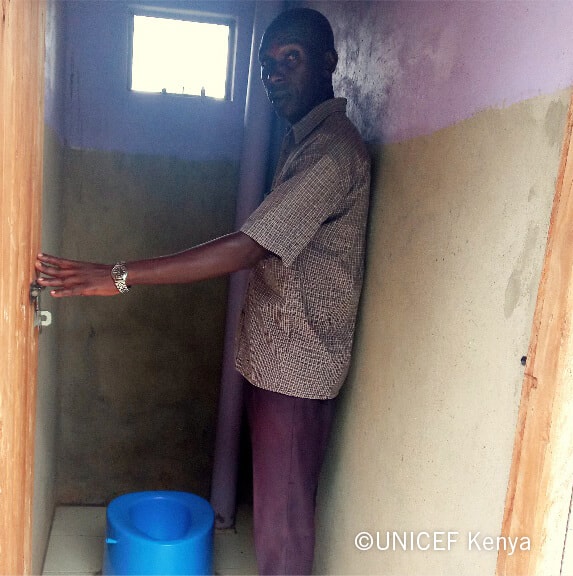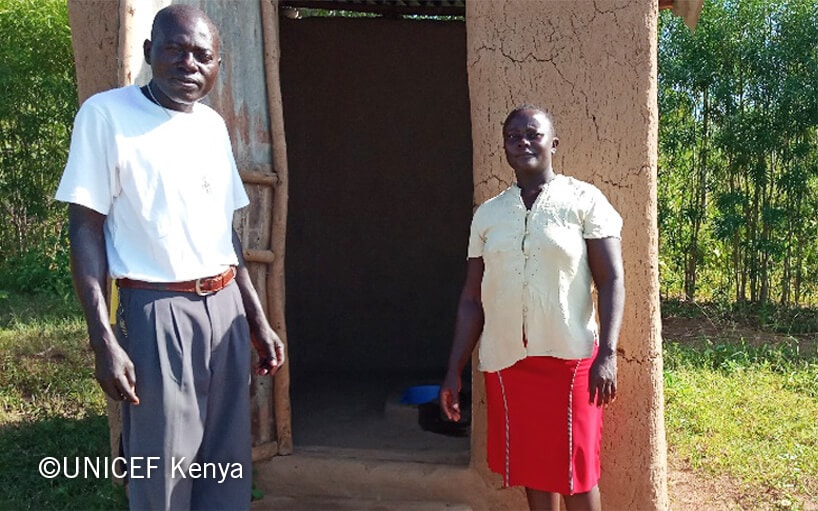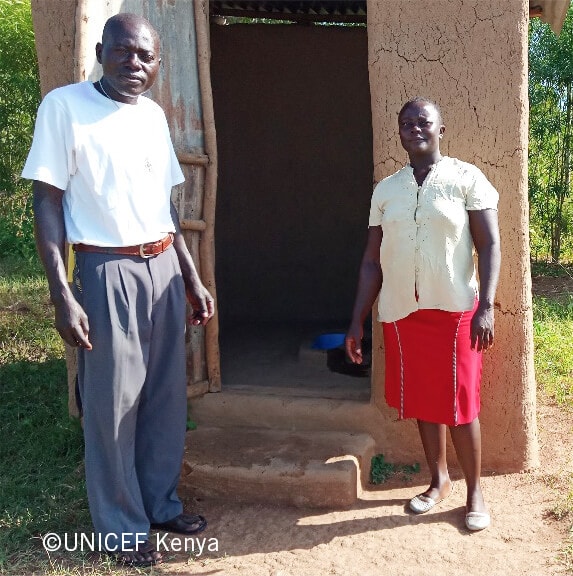LIXIL makes pioneering water and housing products that solve everyday, real-life challenges, making better homes a reality for everyone, everywhere.
- Global Site
-
- English
- Japanese
- Brand Sites
Global
- Global Site
-
- English
- Japanese
- Brand Sites
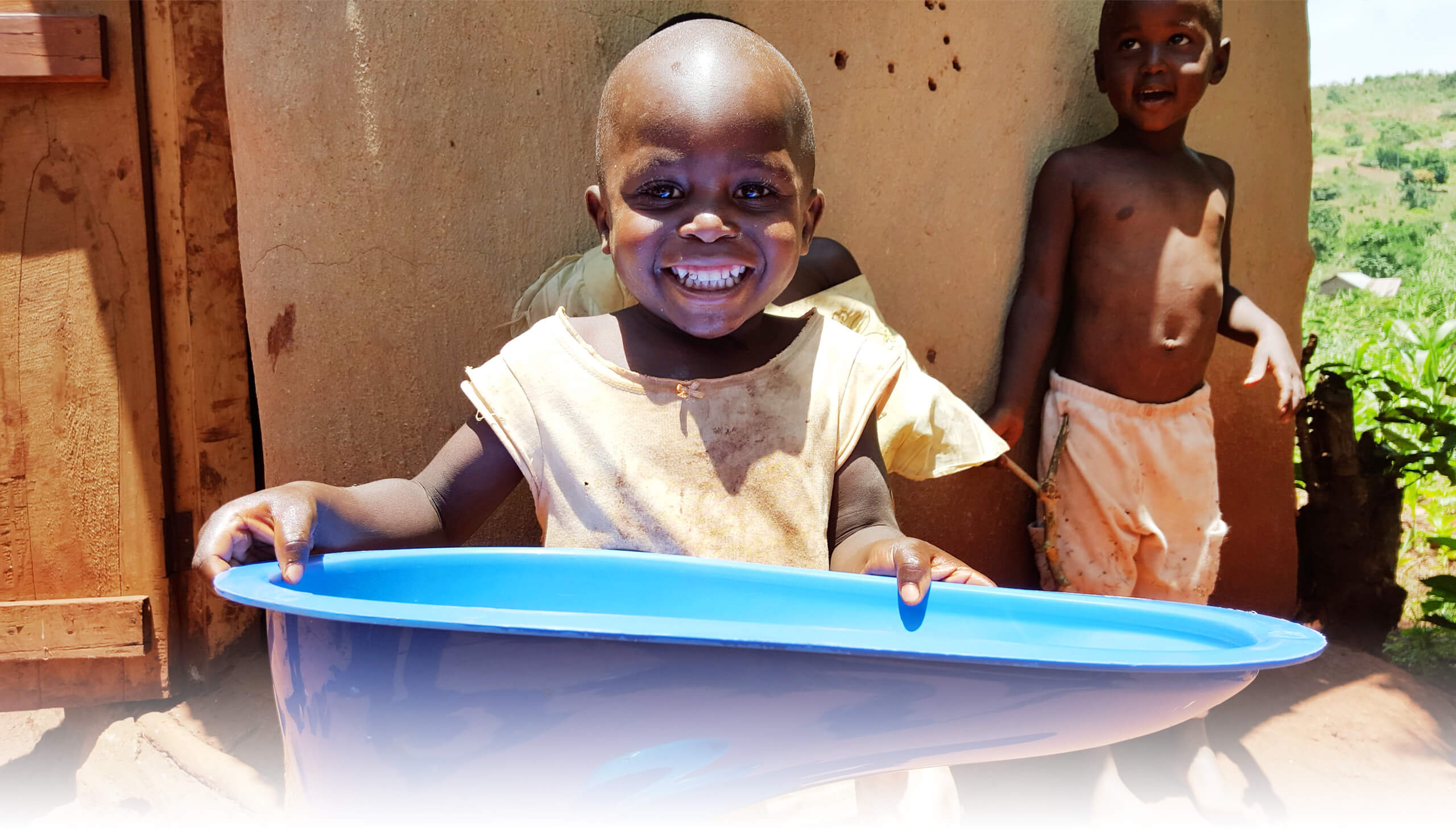
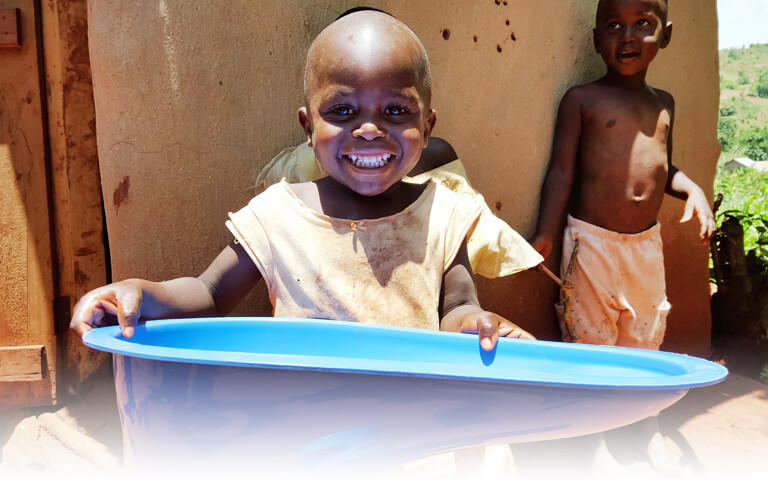
UNICEF does not endorse any company, brand, product or service.
Today, two in five people still live without access to safely managed sanitation services
One in four do not have basic handwashing facilities at home*
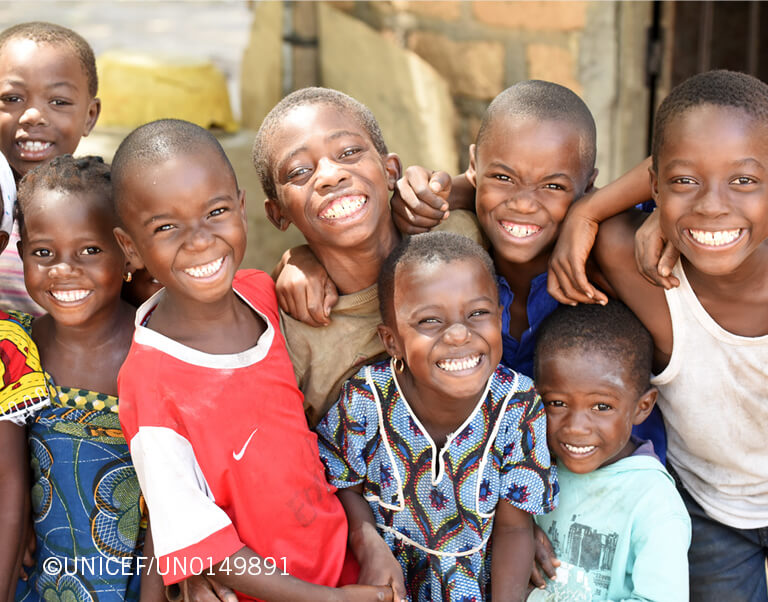
LIXIL AND UNICEF ARE PARTNERING
TO BRING CHANGE
Partnership Five-Year Report 2018-2023 (PDF: 9.9MB)
Progress Report Overview 2023 (PDF: 4.6MB)
Progress Report 2020 (PDF: 5.1MB)
Together, we can help millions of people learn about sanitation and hygiene and access clean and safer facilities through our joint programs.
THE TRUTH ABOUT GLOBAL SANITATION
Dirty water and poor sanitation and hygiene cause children to develop diarrhea-related illnesses, a major cause of malnutrition and death.
THE PARTNERSHIP: LIXIL AND UNICEF
LIXIL and UNICEF are working together to help tackle the global sanitation challenge. We believe our work will help make communities both healthier and more prosperous.

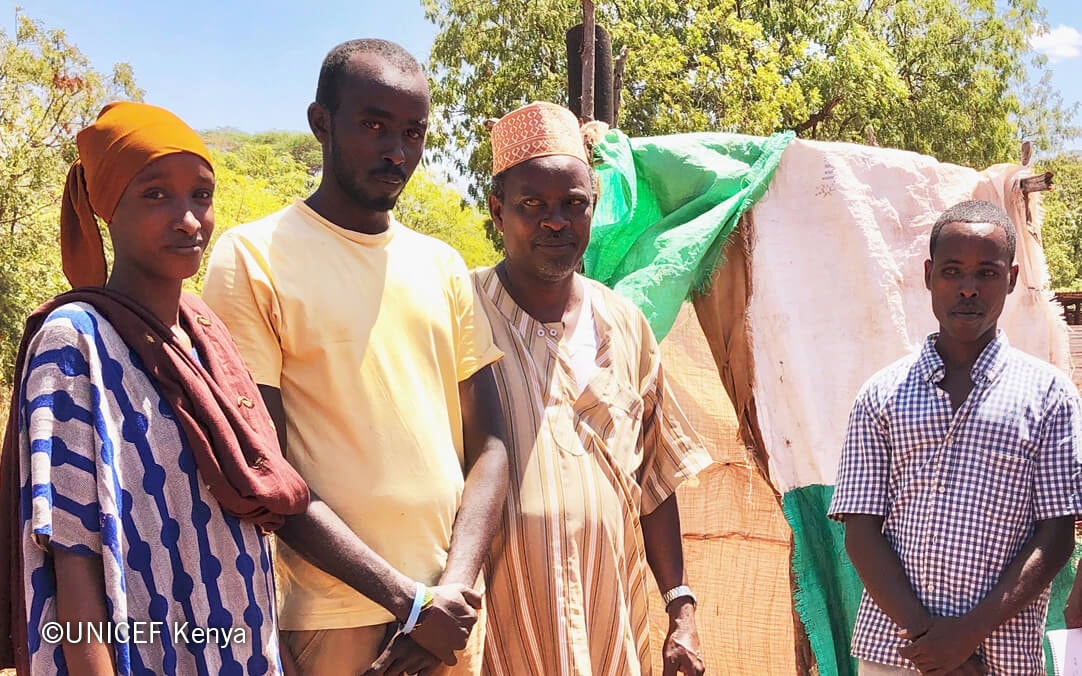
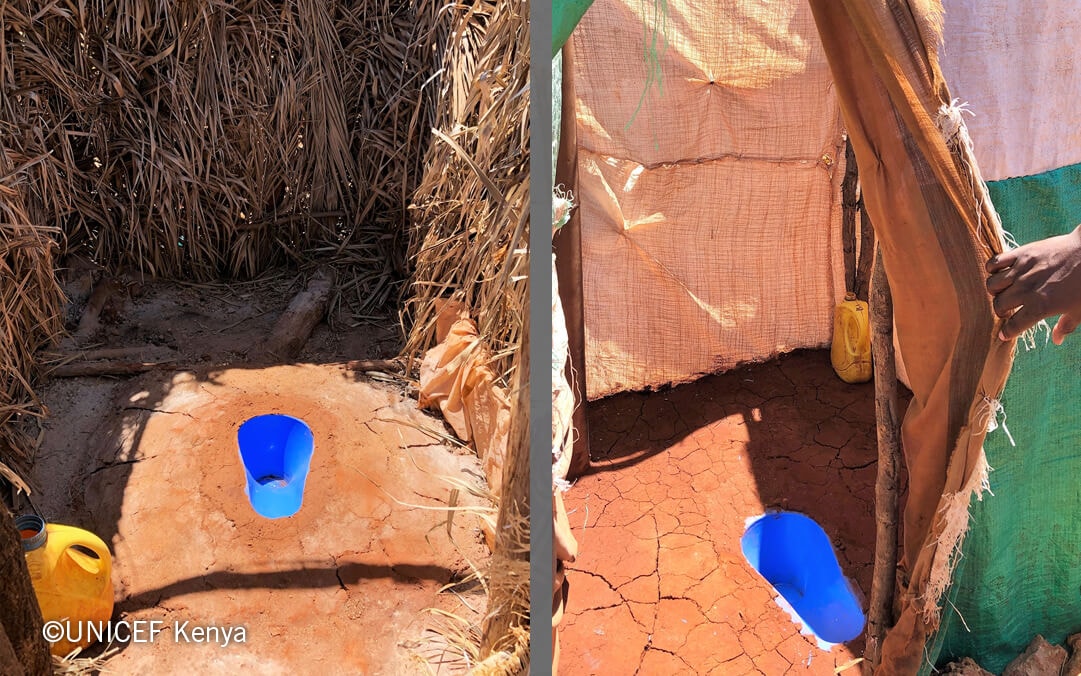
CASE STUDY #1
Rapsu Village, Kenya
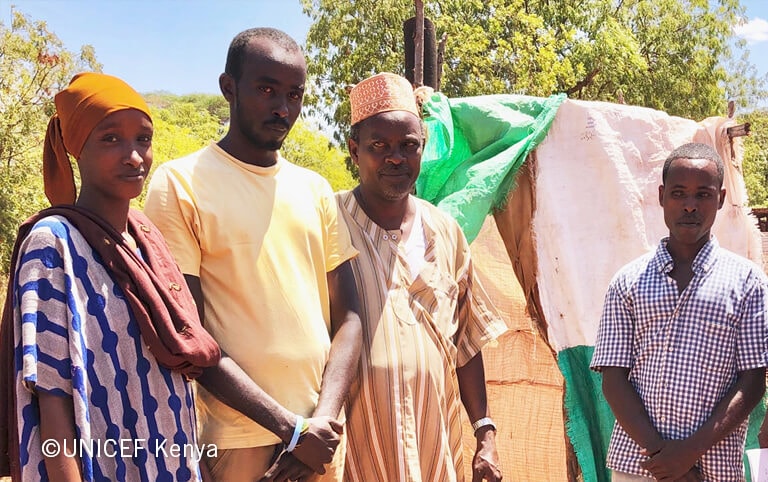
Hassan Galgalo has been the Chief of Rapsu village in Kenya for the last 28 years. Known by both young and old, he is said to be making commendable effort to transform the face of his village through progressive thinking and approaches.
As part of this, Hassan has collaborated with a team of 15 Community Health Volunteers (CHVs) who engage within the community unit on various issues, including sanitation.
Originally, Rapsu Village had a no more than 15 toilets servicing all 109 households, meaning that more than half of the population was actively practicing open defecation. They now boast of having a total of 48 pit latrines dug and in use, including two squat SATO latrine pans.
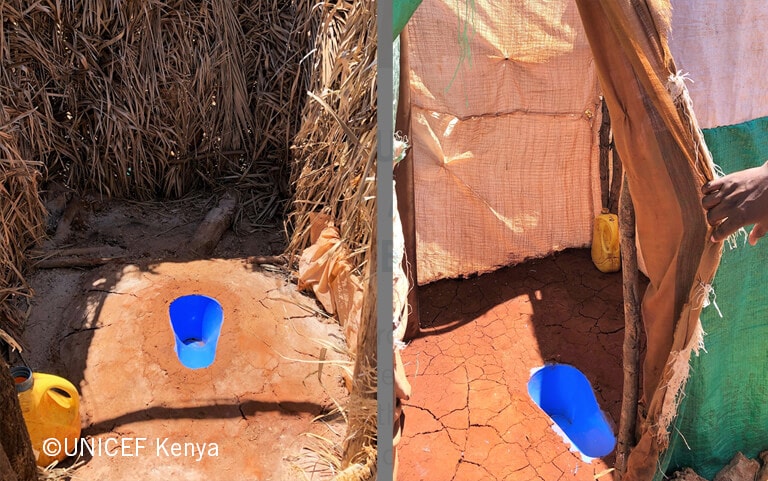
The ‘no smell, no flies’ feature of the pan has sparked great interest and motivation for other households to dig their own pits within the community unit. At the time of our visit, an additional five SATO latrine pans and five SATO stools were handed over to Chief Galgalo to support the distribution and installation, bringing the total number to 12.
These achievements prove that behavior change communication is a strategy that works, and even more effective when natural leaders are used as ambassadors of change leveraging their influence on the community.

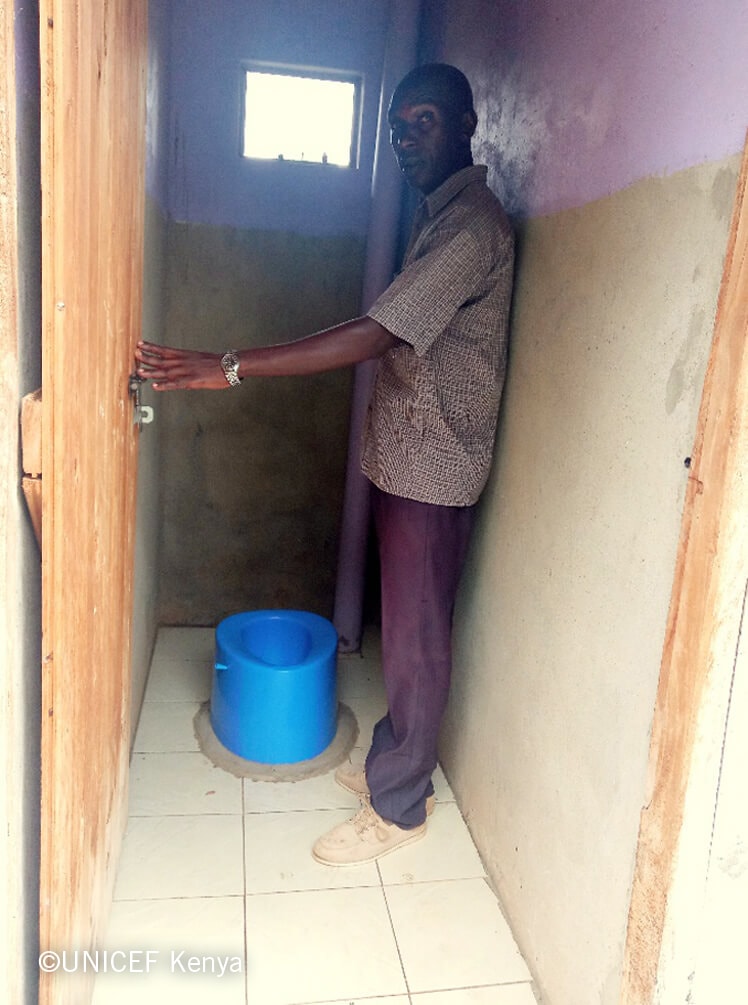
CASE STUDY #2
Rose Ochieng and Jacob Ariek, Kenya
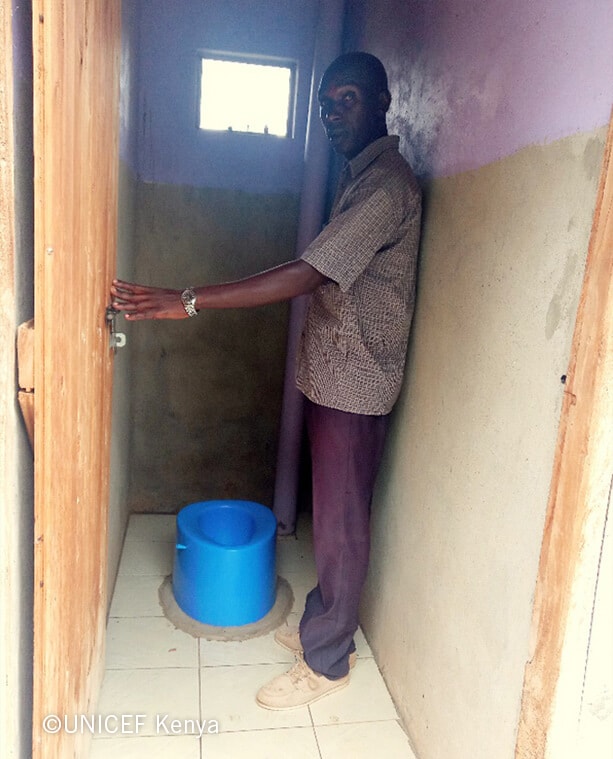
Members of ACK church are among the community members of Nduru Village in Kenya who are today using SATO toilets.
Rose Ochieng, the area’s Community Health Volunteer, introduced some SATO products during a church service, drawing interest from the congregation. Through the savings the church gets from offerings, it set aside KES 3,000 (US$30) for two SATO toilet stools and two SATO latrine pans. The ablution block now features two door latrines and bathrooms segregated by gender.
Jacob Ariek, who is the church’s custodian and a fisherman by day, volunteered to install the SATO products at the church at no cost. The work he has since done installing SATO at the homes of his congregation’s members has given him an alternative avenue of earning a living.

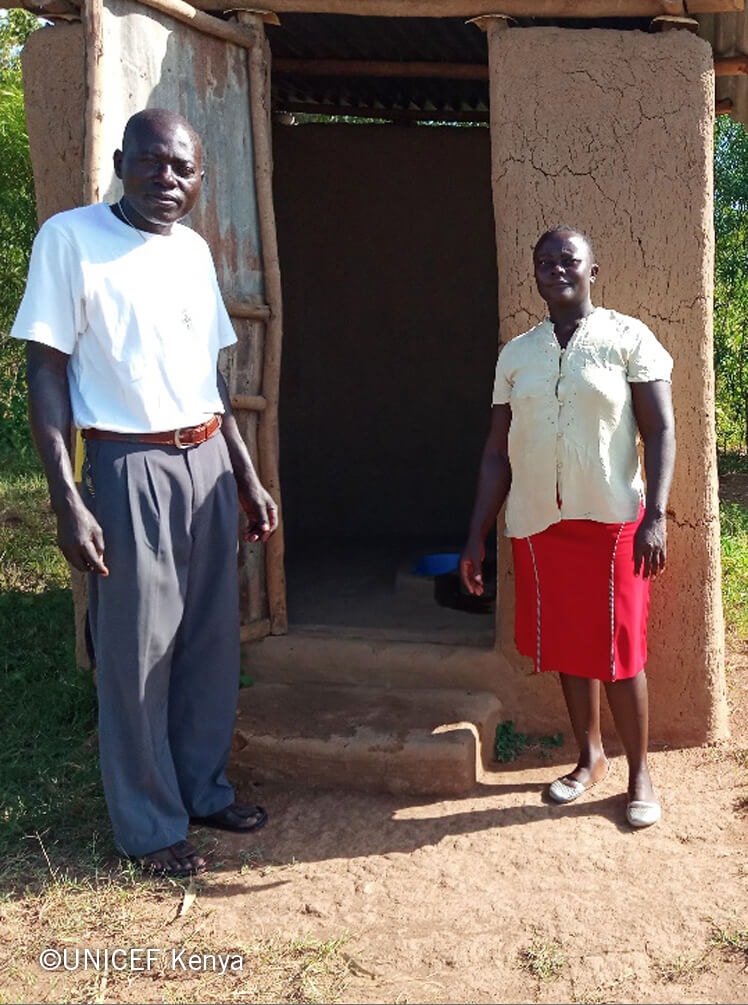
CASE STUDY #3
Silas and Christine Juma, Kenya
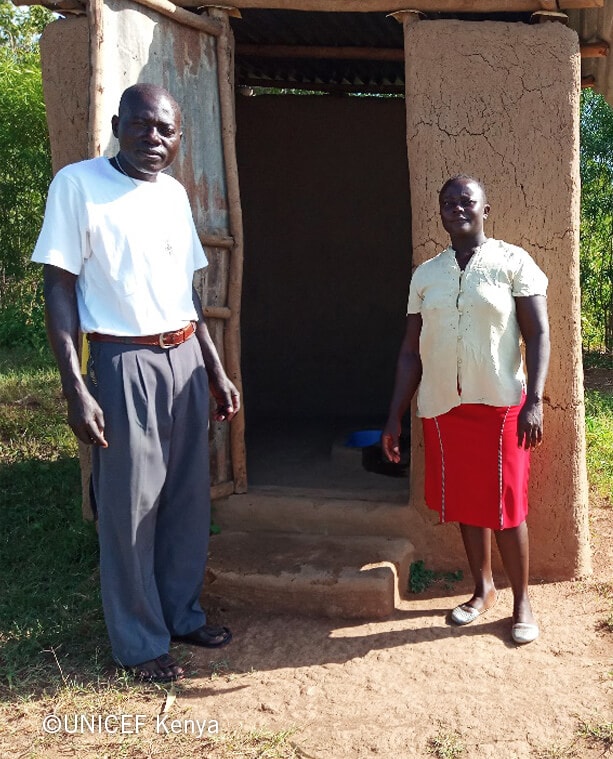
Silas and Christine Juma live with their five children in Rabuor village in Siaya County, Kenya. The family was among the first in the county to install the SATO toilet.
Christine, a Community Health Volunteer (CHV), heard of the benefits of a SATO toilet in her Community Unit group. The group purchased 70 latrine pans to resell in their villages, while Silas and Christine bought one for KES 500 (US$5).
Deciding to install it himself, Silas dug a pit latrine and built the superstructure. Two months later, he retro-fitted the SATO toilet using mud, raising it to make the cleaning
process easier. His wife then applied a traditional plaster material made of mud and cow dung for durability and to make it look appealing.
“This technology is good because there are no flies and no smell. The latrine is near the road and no one has ever complained about the smell,” says Silas.
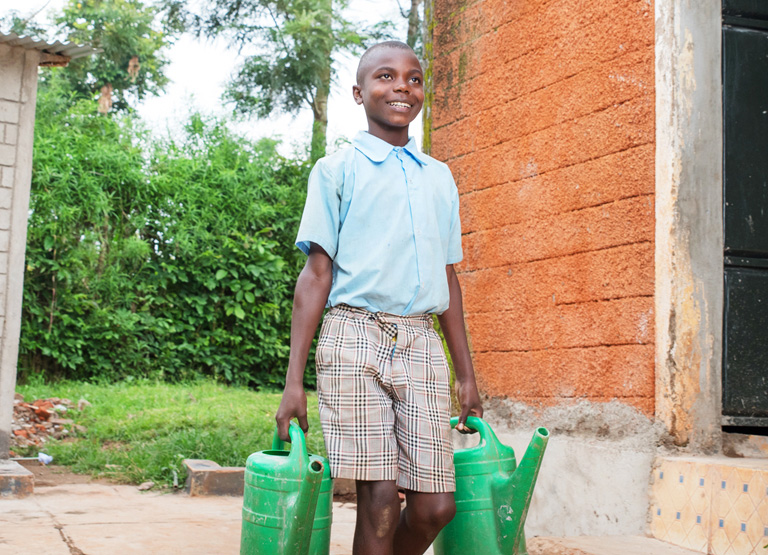
JOIN LIXIL AND UNICEF TO HELP CHILDREN GAIN ACCESS TO SANITATION AND HYGIENE
Basic toilets and hand hygiene play a crucial role in keeping children healthy, preventing the spread of disease and allowing them to live with dignity. But for many children today, access to sanitation and hygiene is still a challenge.
* "Progress on household drinking water, sanitation and hygiene 2000-2022" by UNICEF and WHO's Joint Monitoring Programme report
https://washdata.org/reports/jmp-2023-wash-households
Get To Know More About Us!
UNICEF does not endorse any company, brand, product or service.


